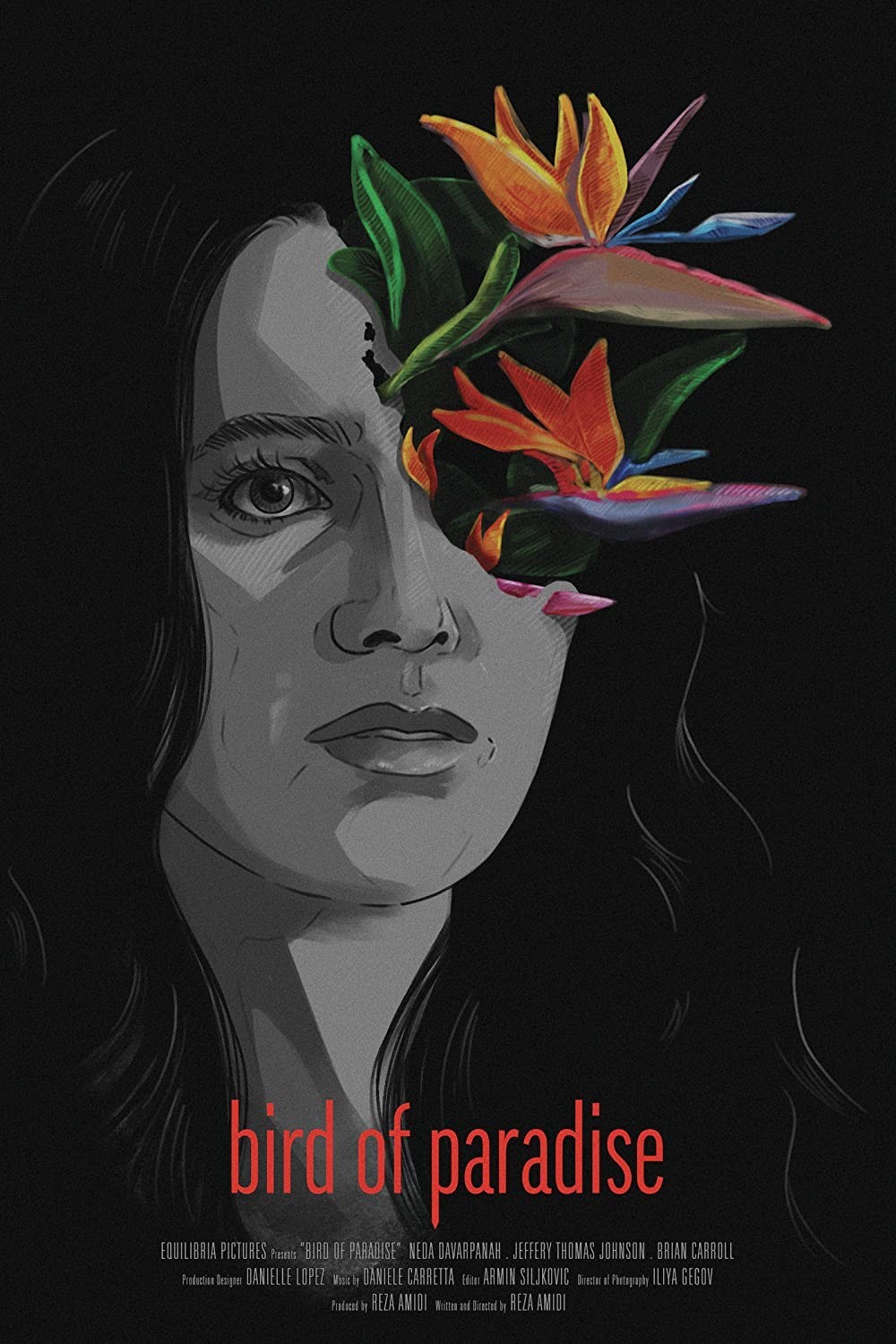Alright – so today we’ve got the honor of introducing you to Neda Davarpanah. We think you’ll enjoy our conversation, we’ve shared it below.
Neda, appreciate you joining us today. We’d love to hear about a project that you’ve worked on that’s meant a lot to you.
Since I began working in entertainment, I’ve had the fortune of collaborating with and learning from many talented writers, directors, and producers on several projects that have impacted my life in significant and meaningful ways. One of these projects is the Netflix series The Recruit, created by Alexi Hawley. I began working on Season 1 as the Writers Assistant, where I learned from Alexi and the team of brilliant and hardworking writers, including Maya Goldsmith, with whom I co-wrote an episode for Season 2 — my first episode of television. Because of this amazing team and this project, I’ve been able to take a huge step forward in my career as a writer. In an industry where uncertainty is expected and stability is a luxury, mentorship is one of the most important ways that emerging talent can be nurtured, and I’m grateful to have found so many generous mentors on The Recruit.
In addition to mentorship, collaboration is essential for a long and successful career in entertainment. I’m excited to be working with the incredible team at West 36 Productions on my first feature film as a writer-producer, Influence, which is a project that’s very personal to me. Telling this story has required me to set my fears aside and find the strength and confidence to put myself out there — which is a skill I also had to hone when I starred in my first feature film as an actress, Bird of Paradise. I’m so grateful to have had that experience on such an exemplary and welcoming set, run by writer-director Reza Amidi. Working with an Iranian creator on a film centered around a young Iranian-American woman’s journey in Hollywood has been one of the most meaningful creative experiences I’ve had so far.


Neda, love having you share your insights with us. Before we ask you more questions, maybe you can take a moment to introduce yourself to our readers who might have missed our earlier conversations?
I’m an Iranian-American writer, actor, and producer. My screenplays span a variety of genres, but the central theme that unifies my work is that I’m drawn to stories of rebellious women who fight the systems that silence them. Since graduating from the University of Southern California’s School of Cinematic Arts with a degree in Writing for Screen & Television, I’ve been working consistently in the entertainment industry. I recently completed the Mentorship Matters BIPOC Writers Initiative, a screenwriting fellowship that pairs emerging writers with showrunner mentors; wrote my first episode of television, Episode 205 of Netflix original series The Recruit; and starred in the upcoming feature film Bird of Paradise from Equilibria Pictures. I’m a member of the Writers Guild of America West; the Director of Publicity + Partnership of the Women of Cinematic Arts, the alumnae organization of the USC School of Cinematic Arts; and an active member of Hollywood Labor, an organization which is dedicated to fighting for better working conditions on behalf of entertainment industry professionals, including writers, actors, and below the line workers. As an entertainment professional from an underrepresented background with no familial ties to the industry, the fight for equity in Hollywood is one that is deeply personal to me. Over the last few years, and especially in light of the WGA and SAG strikes of 2023, significant strides have already been made, and I look forward to continuing the fight for even more progress in the industry.

What’s a lesson you had to unlearn and what’s the backstory?
One of the biggest lessons that I had to unlearn when I started writing and acting was simply to stop holding myself back. Storytellers need to put themselves out there — it’s part of the job. Every character that you write comes from you, every nuance that you portray as an actor comes from you, so to hold yourself back from tapping into that is to reject the very nature of this work. I think a lot of creative professionals struggle with a similar idea, the internalized belief that what we have to say doesn’t matter — maybe because we were chronically invalidated early in life. One thing that helped me begin overcoming this was to show my work to others and not only pay attention to their critiques but also their praise. It can be hard to accept compliments if we struggle with things like internalized invalidation, but allowing someone to tell you what they loved about a scene you wrote or a performance you gave can get you out of your head and give you the strength to put yourself out there, which will give you the confidence that you need to go far in this industry. There are enough institutional barriers to overcome; we need to break down those internal barriers and become our own biggest advocates.

What do you find most rewarding about being a creative?
The most rewarding aspect of my work is seeing how people connect to something I’ve produced, whether it be a screenplay, a film or an episode of television. Seeing someone’s face light up when they find out I worked on a show they love is such an intimate and meaningful experience, because I know how much the work that we produce in this industry means to people — it’s what drew me to this field in the first place.

Contact Info:
- Website: https://nedadavarpanah.com
Image Credits
Joanna DeGeneres, Mentorship Matters, Albert L. Ortega, Carly Arin, Olivia Brett, Heidi Garcia


